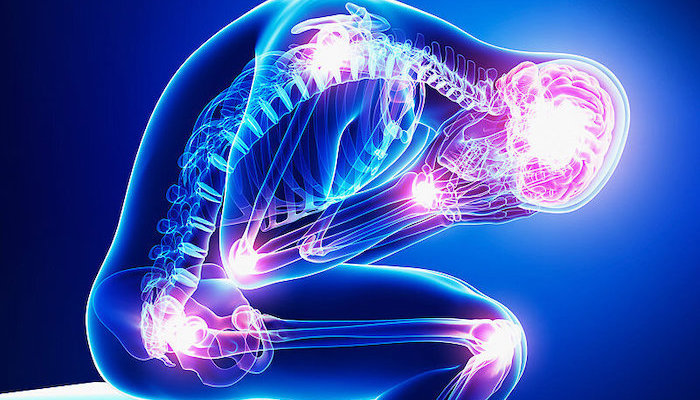
Traumatic Brain Injuries & Chronic Pain Symptoms
Although most people think of concussions when thinking of traumatic brain injuries, not every case is so mild. In fact, many TBIs can lead to the development of chronic pain issues.
What is a TBI?
A traumatic brain injury (TBI) is a sudden injury that results in damage to the brain as a result of a hit, bump, or jolt to the head. In some instances, TBIs can involve an object penetrating the skull. Because traumatic brain injuries range in their severity, it is common for patients to sustain both primary and secondary injuries.
PRIMARY INJURIES
Primary injuries are those that are sustained at the time of the accident. Typically, these can include:
- Skull fracture
- Contusions
- Hematomas
- Lacerations
- Diffuse axonal injury
- Open-head injury
SECONDARY INJURIES
Secondary injuries are those that result from physical and chemical changes that are an indirect result of the initial trauma. When it comes to TBIs, these can include:
- Ischemia
- Hypotension
- Hypertension
- Cerebral edema
- Pressure within the skull
- Hypercapnia
- Meningitis
- Biochemical changes
- Epilepsy
Lingering Chronic Pain Symptoms
Along with typical short-term symptoms following a mild brain injury, the following symptoms can persist when a TBI is more severe:
- Headaches
- Migraines
- Convulsions and seizures
- Abnormally dilated pupils
- Repeated nausea and vomiting
- Weakness and numbness affecting the limbs
- Coordination issues
Precision Pain Care and Rehabilitation has two convenient locations in Richmond Hill – Queens and New Hyde Park – Long Island. Call the Queens office at (718) 215-1888, or (516) 419-4480 for the Long Island office, to arrange an appointment with our Interventional Pain Management Specialist, Dr. Jeffrey Chacko.













